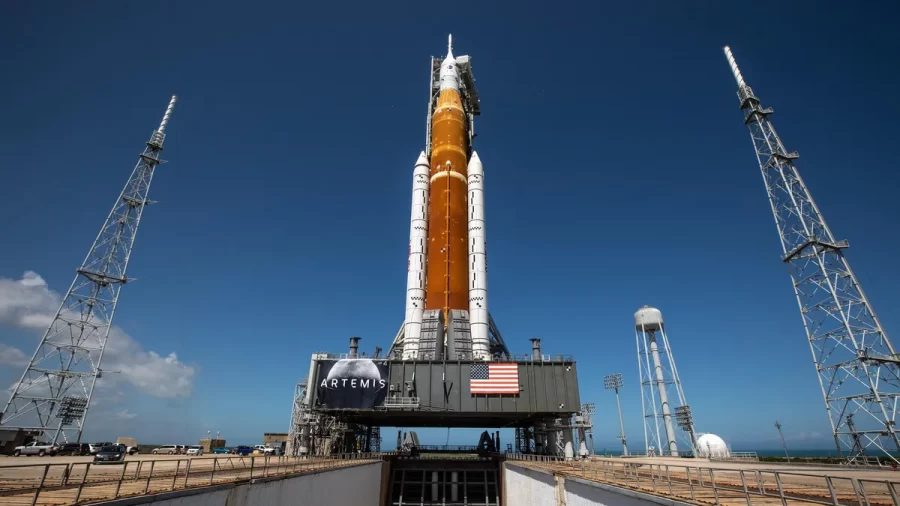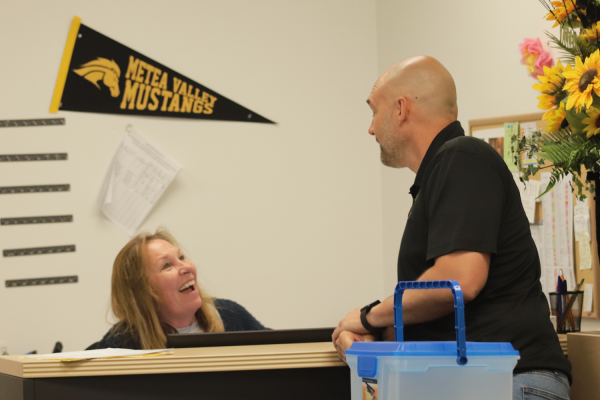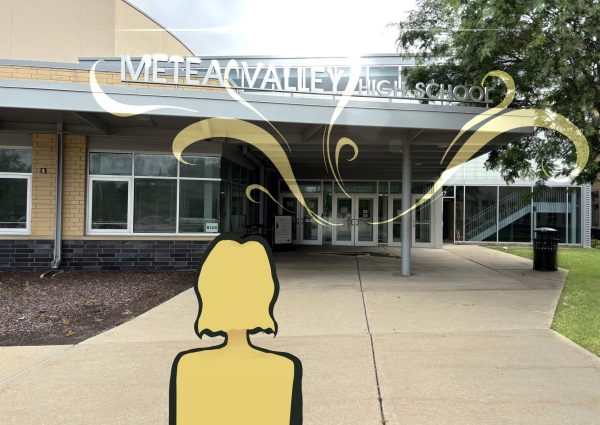The launch of Artemis I revitalizes discussion on the future of space exploration
Artemis I is part of the larger Artemis Program, a NASA endeavor with the main goal of returning to the surface of the moon, possibly to stay, in the coming decade.
December 5, 2022
Artemis I, an uncrewed lunar exploration rocket, launched from the Kennedy Space Center at 1:47 a.m. EST on Nov. 16, 2022. Artemis I is a part of the larger Artemis program, whose long-term mission is to establish a permanent base camp on the moon and, in the future, facilitate manned missions to Mars.
Artemis’ name derives from the Apollo lunar missions, as both names refer to the mythological sibling deities. After almost a half-century of no lunar missions by the U.S. Artemis is NASA’s attempt at rekindling that spark. Artemis I was also a test run of the Orion spacecraft (specifically its heat shield) for future missions. Artemis aims to launch two manned lunar missions in the next five years: Artemis II in 2024 and Artemis III in 2025. The latter will be the first mission, if successful, to land people on the moon in fifty years.
Students have varied opinions on the Artemis mission, specifically the budget allocated to NASA to complete such projects. While there is a common consensus that revitalizing the lunar space program after five decades is an incredible feat, some believe that there are more pressing issues on Earth that require the nation’s attention.
“I do not know a ton about NASA or the space program in general,” an anonymous freshman said, “but I do not think our money should be spent on something as big as moon colonization right now. There are so many people in poverty and for us to be funding something as [grandiose] as that seems irresponsible.”
However, far more students believe that this represents an incredible jump in national and human aerospace history.
“I think they absolutely deserve the budget,” junior Krish Saluja said. “It is a fraction of a penny compared to what the government spends on the military.”
Junior Samanyu Devanboyina also agrees with that assessment. However, he is less focused on the human ingenuity and exploration side of the program. He wishes to know more about the grounded pragmatic possibilities of space mining.
“There are a ton of natural resources in space to be harvested,” Devanboyina said. “Plus, because of NASA, we have a ton of inventions that we never had before, like the infrared thermometer and space blanket.”
Overall, the consensus on Project Artemis and the launch of Artemis I appears to be that the U.S. returning to lunar travel reflects a positive course of action by NASA.
“Space exploration is extremely important,” Saluja said. “It is a humanitarian endeavor. Unlike private companies whose main objective is profit, I believe NASA’s projects will be purely for civic service.”

















